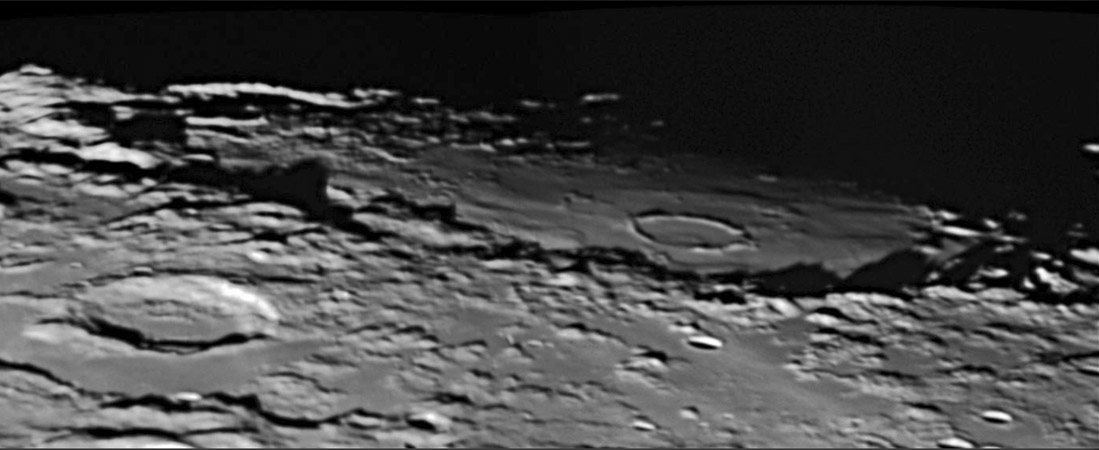Difference between revisions of "July 18, 2010"
| Line 3: | Line 3: | ||
<!-- ws:start:WikiTextHeadingRule:1:<h1> --> | <!-- ws:start:WikiTextHeadingRule:1:<h1> --> | ||
<!-- ws:start:WikiTextLocalImageRule:16:<img src="/file/view/LPOD-July18-10.jpg/152990573/LPOD-July18-10.jpg" alt="" title="" /> -->[[File:LPOD-July18-10.jpg|LPOD-July18-10.jpg]]<!-- ws:end:WikiTextLocalImageRule:16 --><br /> | <!-- ws:start:WikiTextLocalImageRule:16:<img src="/file/view/LPOD-July18-10.jpg/152990573/LPOD-July18-10.jpg" alt="" title="" /> -->[[File:LPOD-July18-10.jpg|LPOD-July18-10.jpg]]<!-- ws:end:WikiTextLocalImageRule:16 --><br /> | ||
| − | <em>image by [mailto:jaicoa52@yahoo.com | + | <em>image by [mailto:jaicoa52@yahoo.com Efrain Morales Rivera], Aguadilla, Puerto Rico</em><br /> |
<br /> | <br /> | ||
| − | When I first saw this image on the [http://lpod.org/coppermine/displayimage.php?pos=-4675 | + | When I first saw this image on the [http://lpod.org/coppermine/displayimage.php?pos=-4675 LPOD Photo Gallery] I thought it was a sunset vieW of the Mare Smythii, but its not. I've never seen this region with this lighting - it is a revelation. This is the eastern limb, but a different basin, Humboltianum. The curved shadow-casting range is an inner basin rim I have called the [http://www.lpod.org/archive/LPOD-2004-10-30.htm Bishop Mountains]. And just a piece of the Andes Mountains, again my informal name for the main rim of Humboldianum, is visible at bottom left, with the crater [http://the-moon.wikispaces.com/file/detail/Rukl_7_satellites_SW.jpg Endymion B] nearby. We have had wonderful images of this area [/June+3%2C+2009 before], but this grazing Sun view shows nearly unknown detail on the mare that was invisible even on a recent LRO [/June+6%2C+2010 image]. As is often true with low Sun views of maria, otherwise unseen low ridges become apparent. Use the crater on the maria as a reference. To its north (left) are two illuminated edges of mare ridges, another ridge is beyond the crater, and a fourth is to its south, near the center right of the image. These ridges are visible on an LRO altimetry image of the basin, but are not shown as clearly as here; they presumably relate to readjustments to the mare as it subsided or cooled. Efrain's image also confirms that the odd [/June+6%2C+2010 rilles] on the floor of the crater have raised edges, making them <em>puckered rilles</em>. This image is evidence that a good photo with low lighting can still reveal features that are poorly known, or even unknown.<br /> |
<br /> | <br /> | ||
| − | <em>[mailto:tychocrater@yahoo.com | + | <em>[mailto:tychocrater@yahoo.com Chuck Wood]</em><br /> |
<br /> | <br /> | ||
<strong>Technical Details</strong><br /> | <strong>Technical Details</strong><br /> | ||
| Line 14: | Line 14: | ||
<strong>Related Links</strong><br /> | <strong>Related Links</strong><br /> | ||
Rükl plate [http://the-moon.wikispaces.com/R%C3%BCkl+7 7]<br /> | Rükl plate [http://the-moon.wikispaces.com/R%C3%BCkl+7 7]<br /> | ||
| − | Efrain's [http://jaicoa-observatory.com/ | + | Efrain's [http://jaicoa-observatory.com/ Jaicoa Observatory]<br /> |
<br /> | <br /> | ||
<hr /> | <hr /> | ||
| − | <div>You can support LPOD when you buy any book from Amazon thru [http://www.lpod.org/?page_id=591 | + | <div>You can support LPOD when you buy any book from Amazon thru [http://www.lpod.org/?page_id=591 LPOD!]<br /> |
</div> | </div> | ||
---- | ---- | ||
===COMMENTS?=== | ===COMMENTS?=== | ||
| − | + | Register, and click on the <b>Discussion</b> tab at the top of the page. | |
Revision as of 17:22, 11 January 2015
Ridges On a Limb

image by Efrain Morales Rivera, Aguadilla, Puerto Rico
When I first saw this image on the LPOD Photo Gallery I thought it was a sunset vieW of the Mare Smythii, but its not. I've never seen this region with this lighting - it is a revelation. This is the eastern limb, but a different basin, Humboltianum. The curved shadow-casting range is an inner basin rim I have called the Bishop Mountains. And just a piece of the Andes Mountains, again my informal name for the main rim of Humboldianum, is visible at bottom left, with the crater Endymion B nearby. We have had wonderful images of this area [/June+3%2C+2009 before], but this grazing Sun view shows nearly unknown detail on the mare that was invisible even on a recent LRO [/June+6%2C+2010 image]. As is often true with low Sun views of maria, otherwise unseen low ridges become apparent. Use the crater on the maria as a reference. To its north (left) are two illuminated edges of mare ridges, another ridge is beyond the crater, and a fourth is to its south, near the center right of the image. These ridges are visible on an LRO altimetry image of the basin, but are not shown as clearly as here; they presumably relate to readjustments to the mare as it subsided or cooled. Efrain's image also confirms that the odd [/June+6%2C+2010 rilles] on the floor of the crater have raised edges, making them puckered rilles. This image is evidence that a good photo with low lighting can still reveal features that are poorly known, or even unknown.
Chuck Wood
Technical Details
March 31, 2010, 4:26 UT. LX200ACF 12" + DMK21AF04 CCD camera + Powermate 2.5X barlow + Baader uv/ir filter
Related Links
Rükl plate 7
Efrain's Jaicoa Observatory
COMMENTS?
Register, and click on the Discussion tab at the top of the page.



